Date created : GMT

Paris police detained nearly 300 people Saturday ahead of fresh anti-government "yellow vest" protests which authorities fear could turn violent for a third weekend in a row.
ADVERTISING
Clad in their luminous road safety jackets, dozens of demonstrators -- who accuse President Emmanuel Macron of only looking out for the rich -- gathered at dawn on the Champs-Elysees, the scene last Saturday of the worst rioting in Paris for decades.
"We had to come to Paris to be heard," said protester Herve Benoit, arriving with three friends from the Dordogne in western France.
He called on the government to boost people's spending power and increase taxes on the wealthiest.
France Info journalist Louise Hemmerlé on the 4th weekend of protests
By 8.40 am (0740 GMT) police had already detained 278 people.
Some 8,000 police were deployed, carrying out checks on people arriving at train stations and at protest hotspots such as the Champs-Elysees and Bastille monument.
A source close to the operation told us at France24 that at least 34 people were arrested for carrying masks, hammers, slingshots and rocks that could be used to attack police.
Thousands of security forces deployed across France
Protesters, using social media, have billed the weekend as "Act IV" in a dramatic challenge to Macron and his policies.
The protests, named after the high-visibility safety jackets French motorists have to keep in their cars, erupted in November over the squeeze on household budgets caused by fuel taxes.
Demonstrations have since swelled into a broad, sometimes-violent rebellion against Macron - a challenge made more difficult to handle since the movement has no formal leader.
Fears of violence keeping some yellow vests away
Authorities say the protests have been hijacked by far-right and anarchist elements bent on violence and stirring up social unrest in a direct affront to Macron and the security forces.
Nonetheless, the 40-year-old Macron, whose popularity is at a low ebb according to polls, has been forced into making the first major U-turn of his presidency by abandoning a fuel tax.
Senior allies of Macron said the president would address the nation early next week. Navigating his biggest crisis since being elected 18 months ago, Macron has left it largely to his prime minister, Édouard Philippe, to deal in public with the
turmoil and offer concessions.
turmoil and offer concessions.
But the 40-year-old is under mounting pressure to speak more fully as his administration tries to regain the initiative following three weeks of unrest.
"The President will speak early next week. I think this is what the French people want, they want answers," Transport Minister Elisabeth Borne told Sud Radio on Friday.
Macron has not spoken in public since he condemned last Saturday's disturbances while at the G20 summit in Argentina and opposition leaders accused him of turning the Elysee Palace into a bunker where had taken cover.
'Is Macron still in Argentina?'
"Is Macron still in Argentina? He must surely have an opinion," hard-left leader Jean-Luc Melenchon said on Twitter on Tuesday.
"The president himself must speak," main opposition conservative Republicains leader Laurent Wauquiez told Europe 1 radio on Thursday.
Despite the climbdown, the "yellow vests" continue to demand more concessions from the government, including lower taxes, higher salaries, cheaper energy costs, better retirement provisions and even Macron's resignation.
One of them, Eric Drouet, a truck driver, called on protesters to storm into the Elysee presidential palace. An Elysee official has said intelligence suggested that some protesters would come to the capital "to vandalise and to kill".
Macron, who has not spoken in public since he condemned last Saturday's disturbances while at the G20 summit in Argentina, will address the nation early next week, his office said.
On Friday evening, he visited a group of police in their barracks outside Paris, his office said.
Navigating his biggest crisis since being elected 18 months ago, Macron has left it largely to his prime minister, Edouard Philippe, to deal in public with the turmoil and offer concessions.
But he is under pressure to speak more fully as his administration tries to regain the initiative following three weeks of unrest that are the worst since the 1968 student riots.
In a sign the concessions offered by the government may be starting to weaken support for the movement, two opinion polls showed a decline in popularity for the "yellow vests" on Friday.
The protests were supported by 66 percent of respondents in an Ifop-Fiducial poll for CNews TV, down six percentage points since a previous poll carried out on December 3-4.

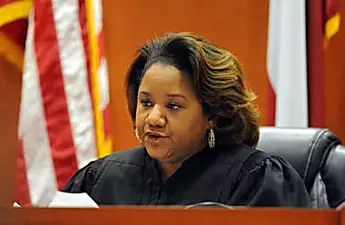

![[Photos] The Deadliest Animal On Earth Looks Completely Harmless [Photos] The Deadliest Animal On Earth Looks Completely Harmless](https://images.outbrainimg.com/transform/v3/eyJpdSI6ImZkNGY5MDBjNzRkODc5MWFlZWVhOWIwOTgxOTkwYThkMjljNWJjYjZhZjFjM2YwYjgyOGI3MzYxOTI3YjBkOWUiLCJ3IjoyMzAsImgiOjE1MCwiZCI6MS41LCJjcyI6MCwiZiI6MH0.webp)


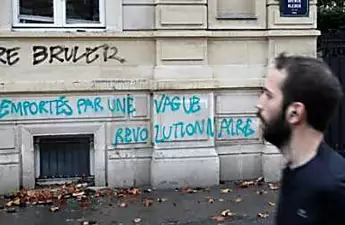
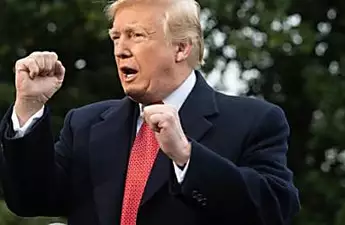
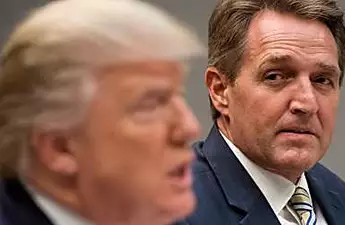
![[Pics] Woman Accepts Note From Homeless Man And Returns Next Day, But Not For More [Pics] Woman Accepts Note From Homeless Man And Returns Next Day, But Not For More](https://images.outbrainimg.com/transform/v3/eyJpdSI6IjBiMWIxNmJhZDIxZTEwYTA3MzdkYTUzNTIzZGZhNTFmNjVhYTkxNWIzZjU5YWU2MTQyMjdhNTQ3NTYwNjU3MzIiLCJ3IjoyMzAsImgiOjE1MCwiZCI6MS41LCJjcyI6MCwiZiI6MH0.webp)
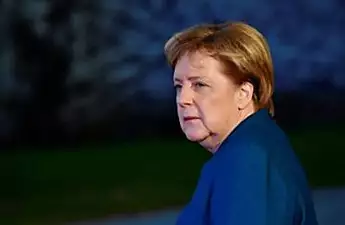

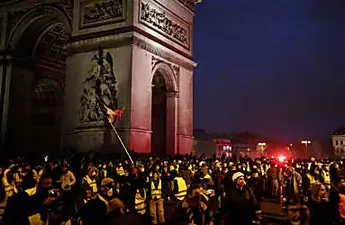

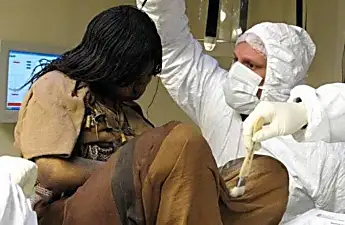
![[Gallery] Melania Trump Moments You Need To Take A Closer Look At [Gallery] Melania Trump Moments You Need To Take A Closer Look At](https://images.outbrainimg.com/transform/v3/eyJpdSI6IjkzNGIwNmQzY2Q4N2E5NDMzOWU3NmNjZmE4MTAzNWFkMDVkNDE4YzI1ODdlNjQ2ZGM5MGY1YTAzNjQzZGU4ZDYiLCJ3IjoyMzAsImgiOjE1MCwiZCI6MS41LCJjcyI6MCwiZiI6MH0.webp)
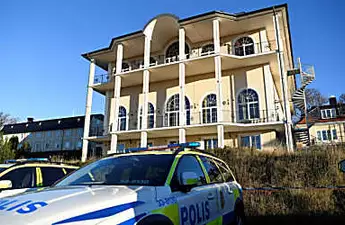
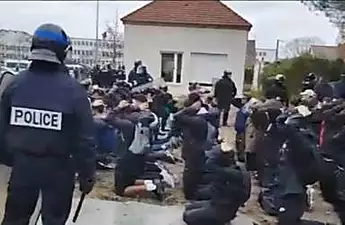
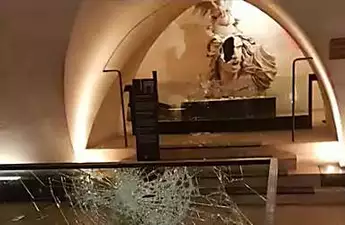
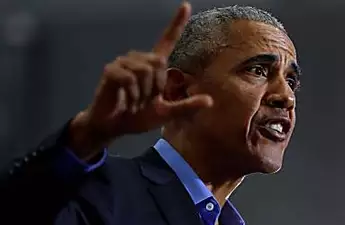
No comments:
Post a Comment